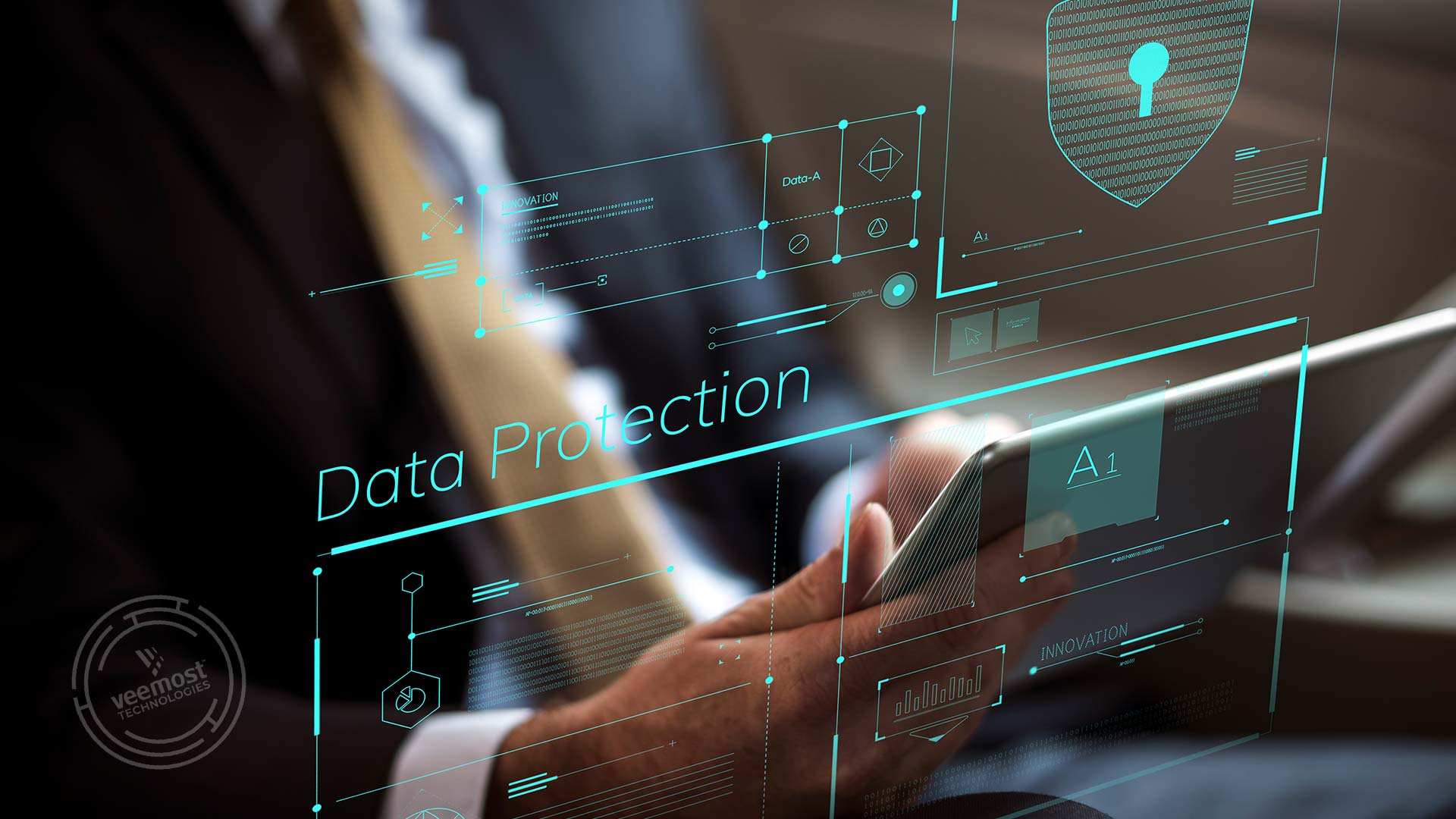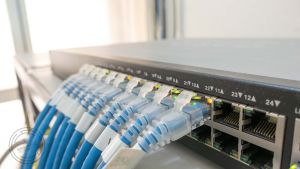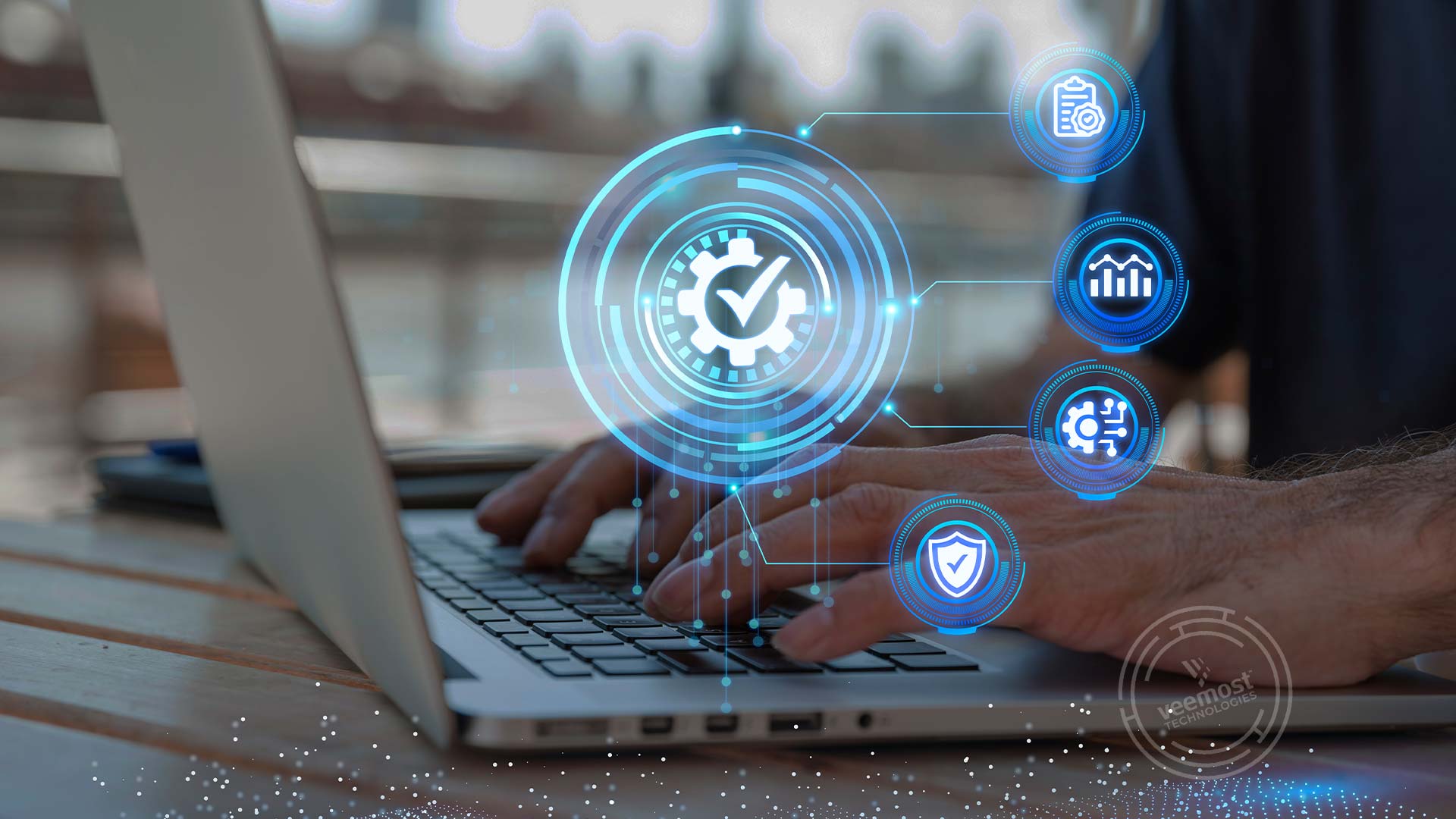In today’s digital age, protecting data security and ensuring online privacy have become paramount. With the increasing frequency of cyberattacks and data breaches, it is essential for individuals and businesses to adopt effective strategies to safeguard their sensitive information. This article will explore several strategies that can help protect data security and ensure privacy online.
Strong and Unique Passwords
One of the simplest yet most effective strategies for protecting data security is using strong and unique passwords. Weak passwords make it easier for hackers to gain unauthorized access to accounts and sensitive information. Ensure that your passwords are at least 12 characters long and include a combination of upper and lower case letters, numbers, and special characters. Additionally, it’s crucial to use different passwords for each online account to minimize the potential impact of a data breach.
Two-Factor Authentication (2FA)
Implementing two-factor authentication adds an extra layer of security to your online accounts. With 2FA, users are required to provide a second form of verification, such as a unique code sent to their mobile device, in addition to their password. This additional step significantly reduces the risk of unauthorized access, even if a password is compromised. Enable 2FA wherever possible, especially for important accounts like email, banking, and social media.
Encryption
Encryption is a powerful technique that converts data into unreadable ciphertext, making it extremely difficult for unauthorized individuals to decipher. By encrypting sensitive information, you add an extra layer of protection, ensuring that even if data is intercepted, it remains useless to anyone without the decryption key. Utilize encryption tools for data at rest (stored on devices or servers) as well as data in transit (sent over networks) to maintain data security and privacy.
Regular Software Updates
Keeping your software up to date is crucial for maintaining data security. Developers often release updates that include security patches to fix vulnerabilities that could be exploited by hackers. Enable automatic updates for your operating system, web browsers, antivirus software, and other applications to ensure you have the latest security enhancements. Regularly updating your software reduces the risk of falling victim to known security flaws.
Secure Wi-Fi Networks
Unsecured Wi-Fi networks can pose a significant threat to data security and privacy. When connecting to public Wi-Fi networks, exercise caution. Avoid accessing sensitive information or logging into accounts that contain personal or financial details. If you must use public Wi-Fi, consider using a virtual private network (VPN) to encrypt your internet traffic and protect your data from potential eavesdroppers.
Be Cautious of Phishing Attacks
Phishing attacks are a common tactic used by cybercriminals to deceive individuals into revealing sensitive information. These attacks often come in the form of emails, messages, or websites that appear legitimate but are designed to trick users. Be cautious of unsolicited emails or messages asking for personal information or instructing you to click on suspicious links. Always verify the legitimacy of the source before providing any sensitive data.
Data Backup
Regularly backing up your data is crucial for mitigating the impact of data loss or ransomware attacks. Store backups in secure locations, both offline and in the cloud, to ensure redundancy. In the event of a security breach or hardware failure, you can restore your data from backups, minimizing potential disruptions and loss.
Protecting data security and ensuring online privacy is an ongoing effort in the digital world. By implementing the strategies mentioned above, individuals and businesses can significantly enhance their defenses against cyber threats. Remember to use strong and unique passwords, enable two-factor authentication, employ encryption techniques, keep software up to date, be cautious of phishing attacks, and regularly back up your data. With these effective strategies in place, you can safeguard your sensitive information and enjoy a safer online experience.











